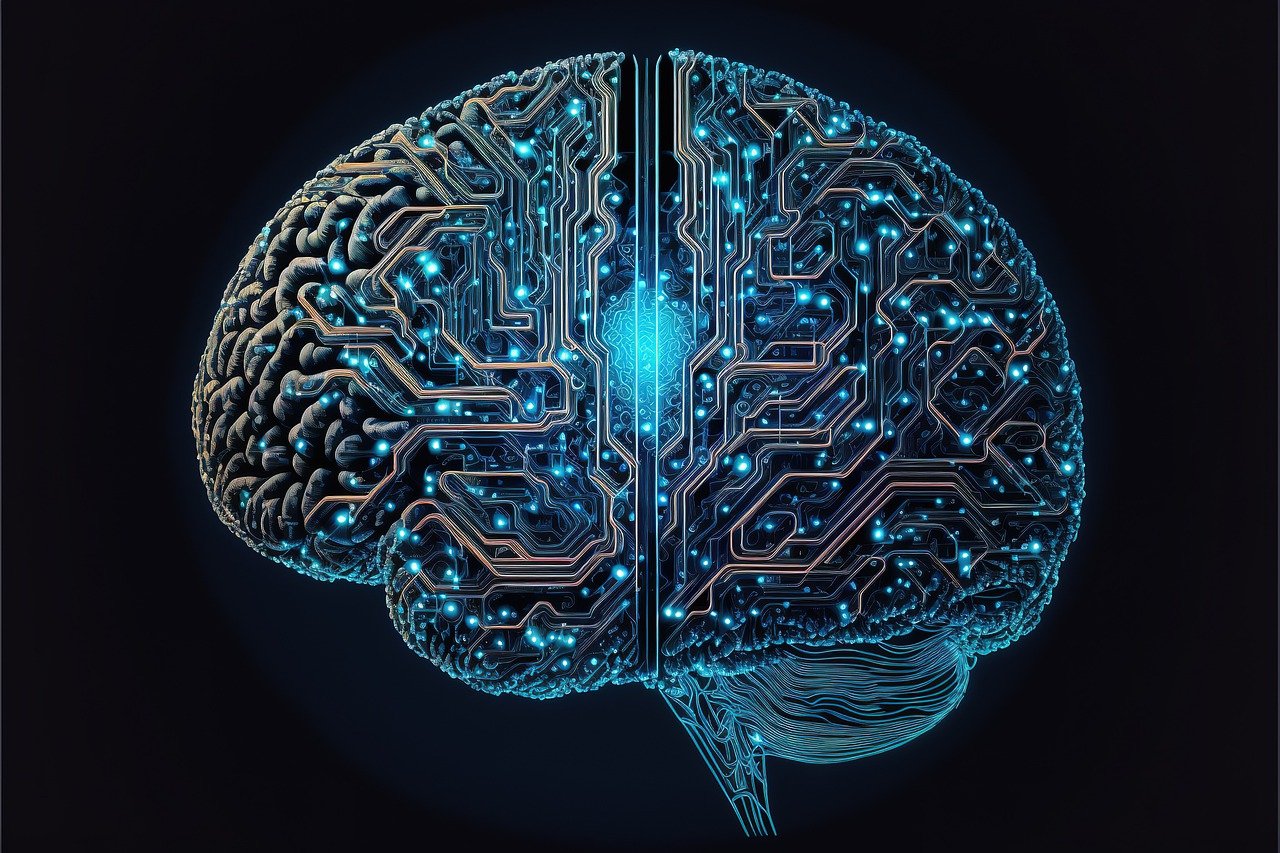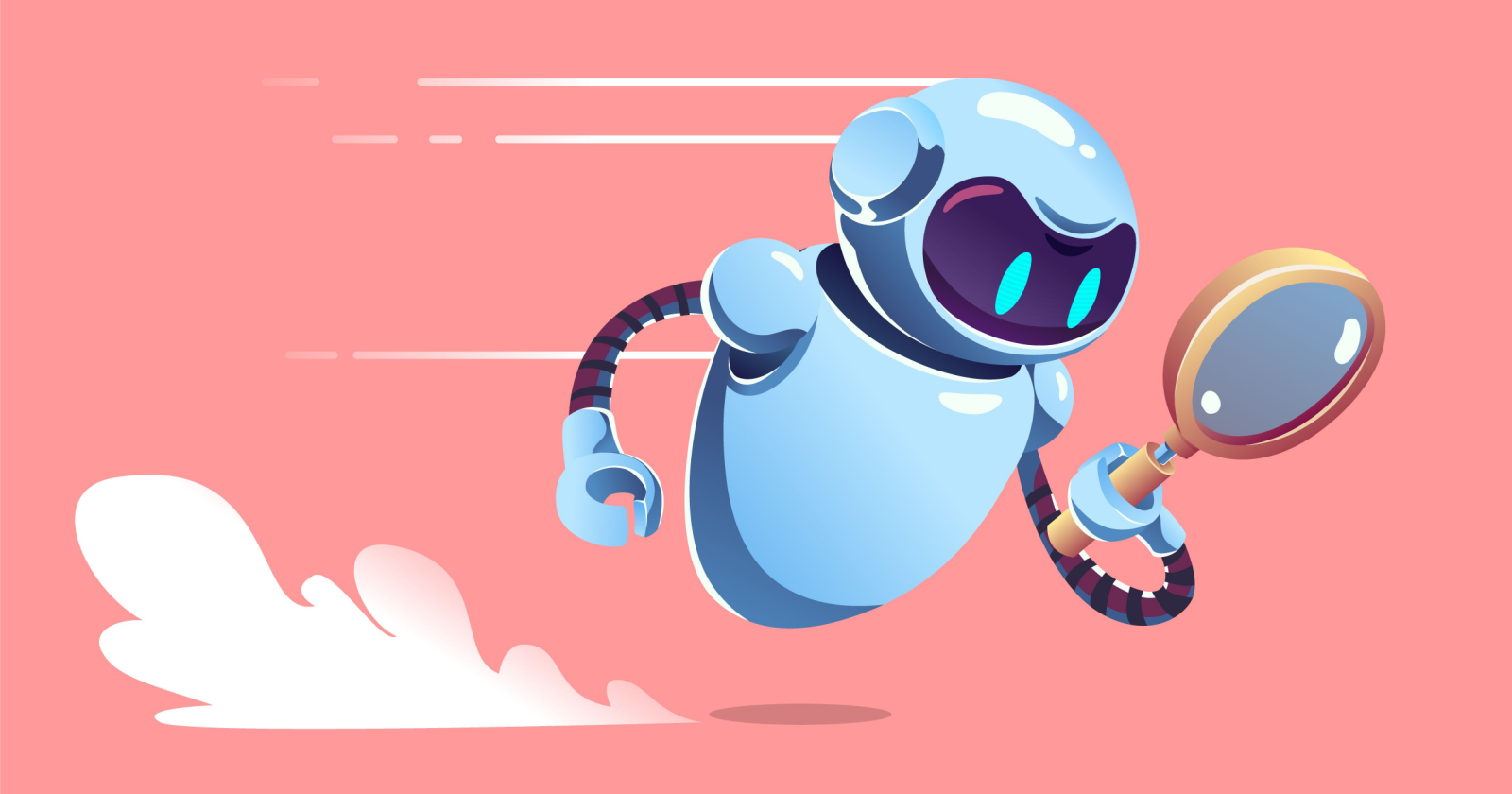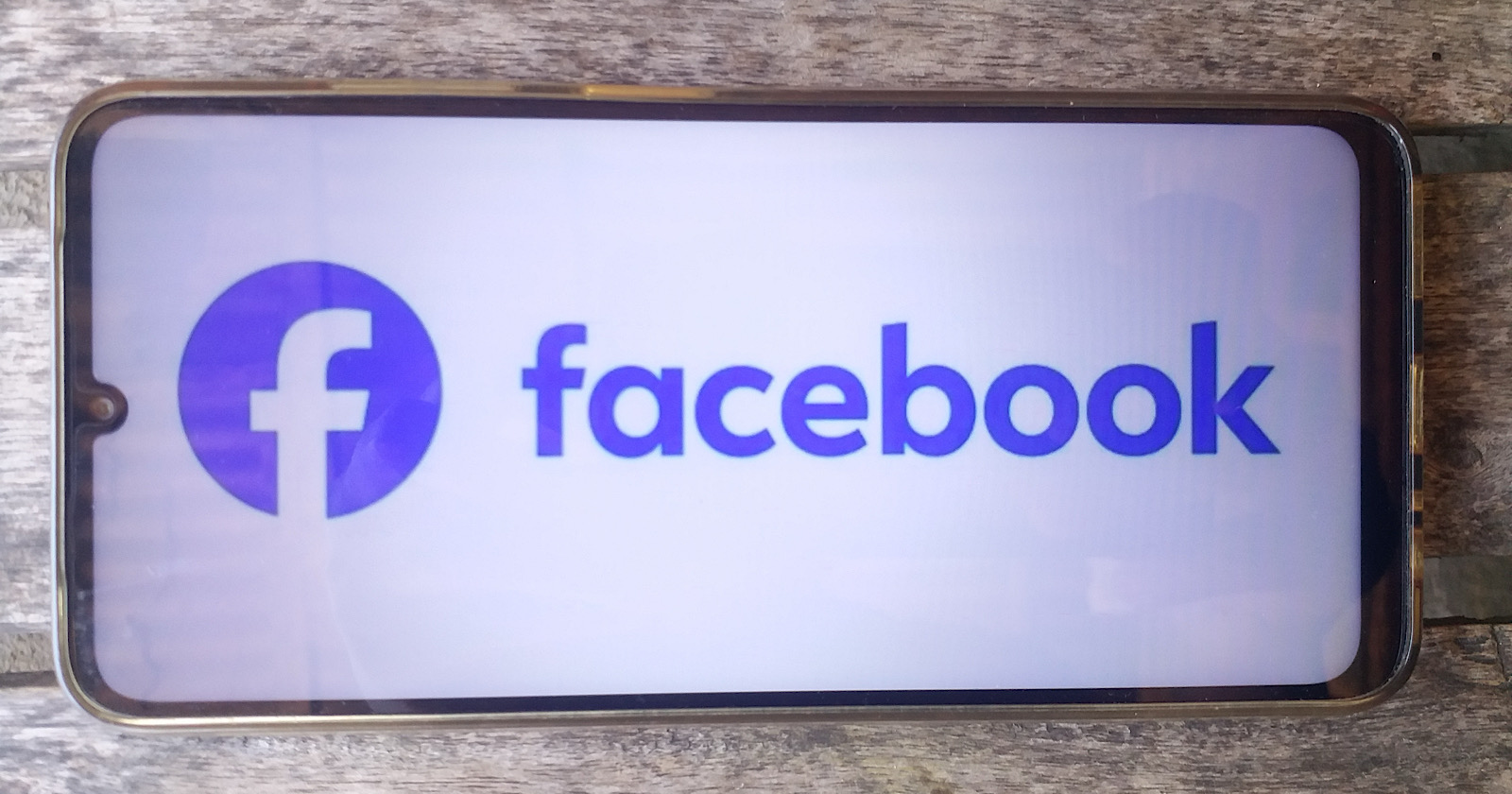Ask An SEO: Should I Hire Candidates Who Can Use AI Tools Or Have Traditional Skills? via @sejournal, @HelenPollitt1
What makes a great SEO hire in today's market? Helen Pollitt covers which skills count and where AI fits on this week’s Ask An SEO. The post Ask An SEO: Should I Hire Candidates Who Can Use AI Tools...

In this week’s Ask An SEO, a marketing manager asks which SEO skills are most valuable to look for in candidates today, especially with AI in the mix:
“I’m a marketing manager who’s been tasked with hiring our first in-house SEO specialist.
With AI tools becoming more prevalent, what skills should I prioritize when interviewing candidates in 2025? Are traditional SEO skills still as valuable, or should I focus more on candidates who can work alongside AI tools?”
This is a great question, and one I imagine a lot of hiring managers in the marketing industry are asking themselves.
For years, we’ve been looking for SEO professionals with skills that will help our websites thrive in Google, Bing, and Yandex. But, what skill set is needed for the emerging markets of ChatGPT, Perplexity AI, and Claude?
And what about keyword research, content creation, and technical audits? Are they still useful activities for SEO professionals to carry out manually when there are so many AI tools purporting to be able to do this for you now?
What Traditional SEO Skills Are Still Needed
We often think of skills within traditional SEO fitting roughly into three categories: technical, content, and authority-building. Are these still needed in the era of large language model (LLM) platforms and tools?
Technical SEO Skills
Ensuring that a website can be crawled, rendered, parsed, and indexed effectively by bots has been a staple of SEO for a long time.
If the bots can’t access the pages you want to have ranked, can’t read the content on them, or find the page to be unfriendly for users, you will struggle in the traditional search engine results pages (SERPs).
This isn’t all that different in the new world of generative engine optimization (GEO). Bots still need to be able to access content on your website, read it, and understand it.
Technical SEO skills will continue to be important to online visibility in the new era of organic discovery.
An excellent SEO will be someone who can utilize AI tooling to automate and speed up the checks they are already performing. The really valuable technical SEO skills will still be analyzing, prioritizing, and communicating the issues when they are discovered.
Good technical SEOs have been looking at ways to automate their processes using Python and Structured Query Language (SQL) for a while now.
AI is enabling them to do this quicker, and for those who are newer to those languages, to automate their processes more easily.
Hire SEO specialists who are excited to use AI tools to enhance their work, not replace it entirely.
You will still need SEO pros to be creative in problem-solving and working within the confines of your organization’s technology, resources, and capabilities.
Read more: 15+ Technical SEO Interview Questions For Your Next Hires
Content Skills
AI-written content has been a hot topic for a couple of years now. Can AI replace human writers? Should you hire with content creation and marketing skills in mind, or can you leave that purely to AI now?
I would suggest that any SEO hire you make needs to understand how to craft engaging copy that clearly defines the brand and meets the needs of users at each stage of the buying journey.
This hasn’t changed much from when SEO pros brief writers and graphic designers in content creation. We still need SEO specialists to understand how to request engaging content, whether that be through AI or human creators.
The ability to define what will be engaging content through research (whether keywords or prompts) and how users engage with it (whether on the brand site or within the LLM’s answer) is still critical.
Read more: Generative AI And Social Media: Redefining Content Creation
Authority-Building Skills
Previously, there was an evolution in SEO from regarding authority building as getting backlinks by whatever means necessary, to acquiring links through engaging and relevant content.
For optimization in LLMs, the desire is more to cement a brand’s positioning and sentiment through mentions on other authoritative websites.
The skill set needed to acquire authoritative links through digital PR will not be that different from what’s needed to acquire mentions.
In fact, good digital PRs have recognized for a while now that brand mentions are valuable in their own right.
There is a need to understand the publisher who is being targeted, what they write about, when best to contact them, and how. This could well be automated to a good degree by AI.
However, the really excellent PRs build up relationships with their contacts, so they are front-of-mind when a story is breaking. This is something AI will struggle to replace.
When hiring for the digital PR side of SEO, look at their relationship-building skills in particular.
Read more: 3 Types Of PR & SEO Funnels That Will Maximize Conversions
Analytical Skills
AI has (thankfully!) taken much of the pressure off SEO professionals to be efficient mathematicians, proficient in Excel formulae, or, at least, having a good percentage calculator tool bookmarked.
Summarizing increases and decreases in key performance indicators (KPIs) is something AI can handle. It can highlight correlations between metrics and identify likely causes. AI can also summarize this all into a compelling report.
But, it still needs a human to determine if its recommendations are valid and a viable course of action.
A good SEO will be someone who can utilize the AI tools to draw conclusions and highlight issues, while retaining strategic oversight.
Strategy
That leads on to strategic skills. Good SEO pros will be able to utilize AI tooling for processes while drawing on their own deep contextual understanding and common-sense reasoning.
Hire SEO professionals who are adept at considering the moral and ethical implications of marketing and who can adapt to novel situations.
AI tooling will not be able to build trust with senior stakeholders. It will not be able to inspire and influence them. It definitely will not be able to manage egos and emotions like a good SEO has to.
Skills That Help In Emerging Markets
Beyond the skills that we’ve long been looking to hire for in SEO, it’s important to find people who are able to thrive in a burgeoning environment.
Great SEO pros have been cultivating these skills throughout their careers. Bad SEO professionals have scraped by on second-hand knowledge and following templated procedures.
Experimental Approach
Make sure they have the ability to experiment and apply their learnings.
We’re entering a new phase of SEO where what worked before might not work again. There are no experts in GEO yet; we’re all having to learn as we go along.
Make sure your candidates are willing to learn from trial and error.
Understanding Of How To Work With Uncertainty
The days of following an audit template are both long-gone and a way off. We can’t just apply what we know from SEO directly to GEO.
We need to learn what works in those new platforms. That means good SEO pros are going to have to be comfortable with the uncertainty in their industry again.
Seasoned SEO professionals will remember back to this during their formative years in the industry, but newer SEO specialists will need to break free of the “this is what works for SEO” mentality and be OK with adapting on the fly more.
Ability To Problem Solve And Investigate
This means they will really need to be keen problem-solvers. SEO, at its root, has always been about problem-solving.
With the suite of AI tooling growing, the temptation to delegate critical thinking to a machine will be great.
However, SEO pros will still need to be able to take a step back, consider all the context and angles, and work toward a solution given the resources and constraints they face.
This means that they cannot rely solely on AI to help them.
Read more: LinkedIn Lists Top 15 In-Demand Skills, Makes Related Courses Free
Hire For Complementary Skills
The answer to your question is yes. To both.
You need someone who can work alongside AI tools as well as having traditional SEO skills.
The experience and qualities of a seasoned SEO professional will still be extremely useful in the emerging world of LLMs and AI tooling.
It would be a risk to your organic performance if you hire solely based on whether the candidate can utilize AI tools well.
However, you do want to make sure the SEO pro is using all of the advantages that AI can bring. They need to be able to adapt to new technology and processes.
How To Interview For SEO Skills That Complement AI Solutions
The curiosity about new technology. The desire to experiment and adapt. Having an open mind to change. These are all attributes of good SEO professionals that are more important now than ever before.
When considering whether an SEO professional is a likely good fit for your role, find out their approach to new situations.
See how they have adapted in the past to changes in SEO that needed a change of tactics.
Ask them how they have diagnosed and responded to algorithm updates, or expanded their skill sets to include social media search engines.
Summary
In essence, the need for traditional SEO skills is not diminishing. However, great SEO professionals will be those who can adapt their skill set to work in GEO, as well as make the best use of new AI tooling available to them.
Alongside that, problem-solving, experimentation, and a keen strategic approach are what to look for in your next SEO hire.
More Resources:
8 Ways To Future-Proof Your SEO Career In A Fast-Changing Industry Ask An SEO: How Can You Distinguish Yourself In This Era Of AI Search Engines? Is The SEO Job Market Undergoing A Major Shift?Featured Image: Paulo Bobita/Search Engine Journal

 Tekef
Tekef 








![What Are Good Google Ads Benchmarks In 2025? [STUDY] via @sejournal, @brookeosmundson](https://www.searchenginejournal.com/wp-content/uploads/2025/06/benchmark-273.png)





















